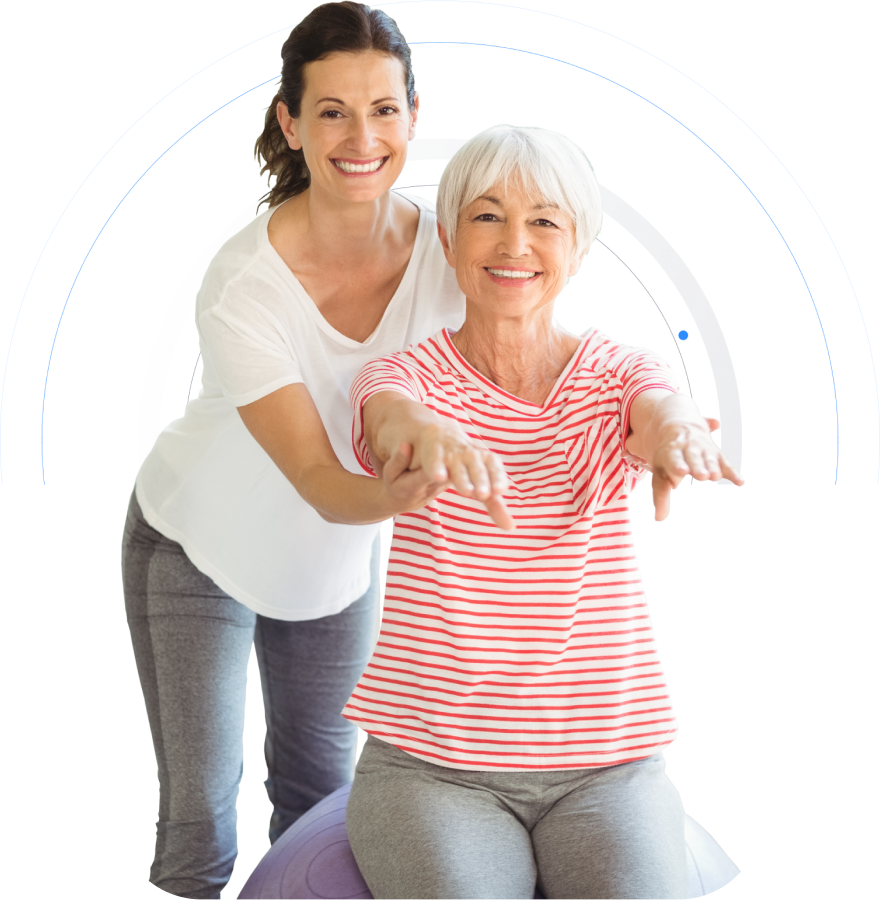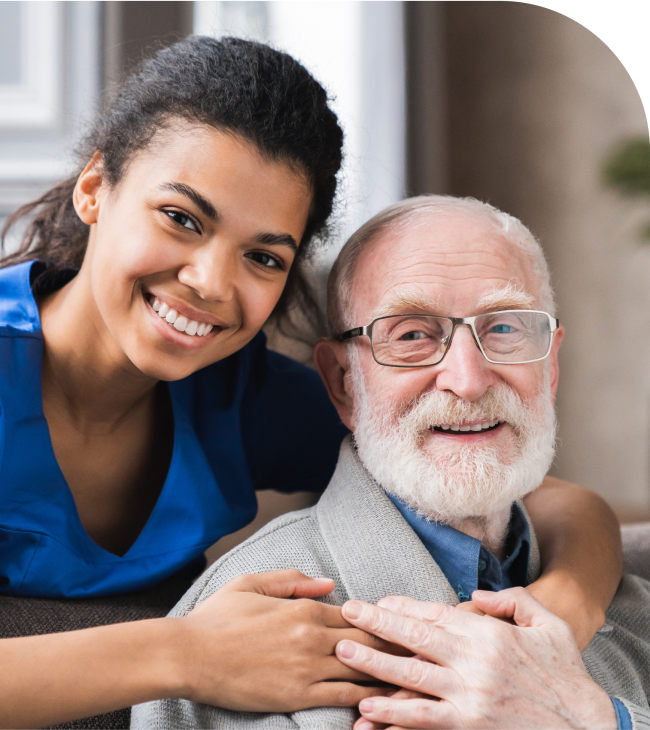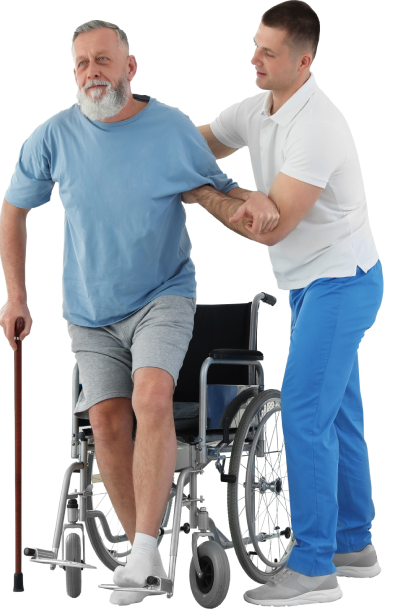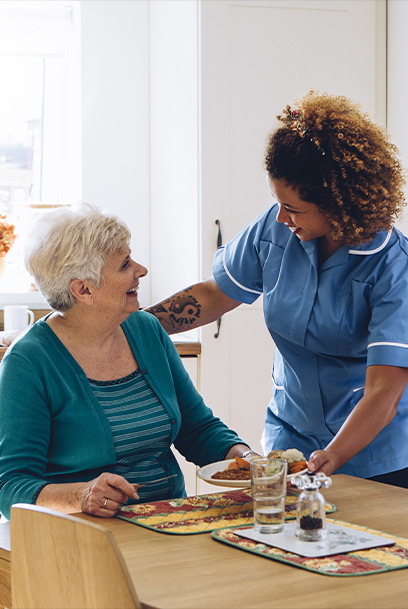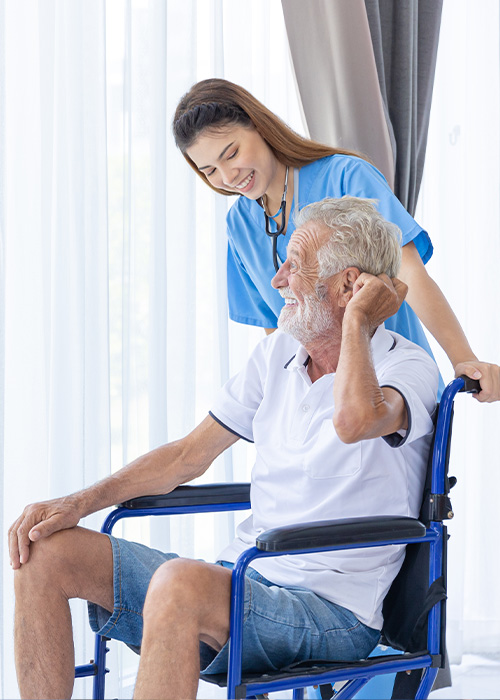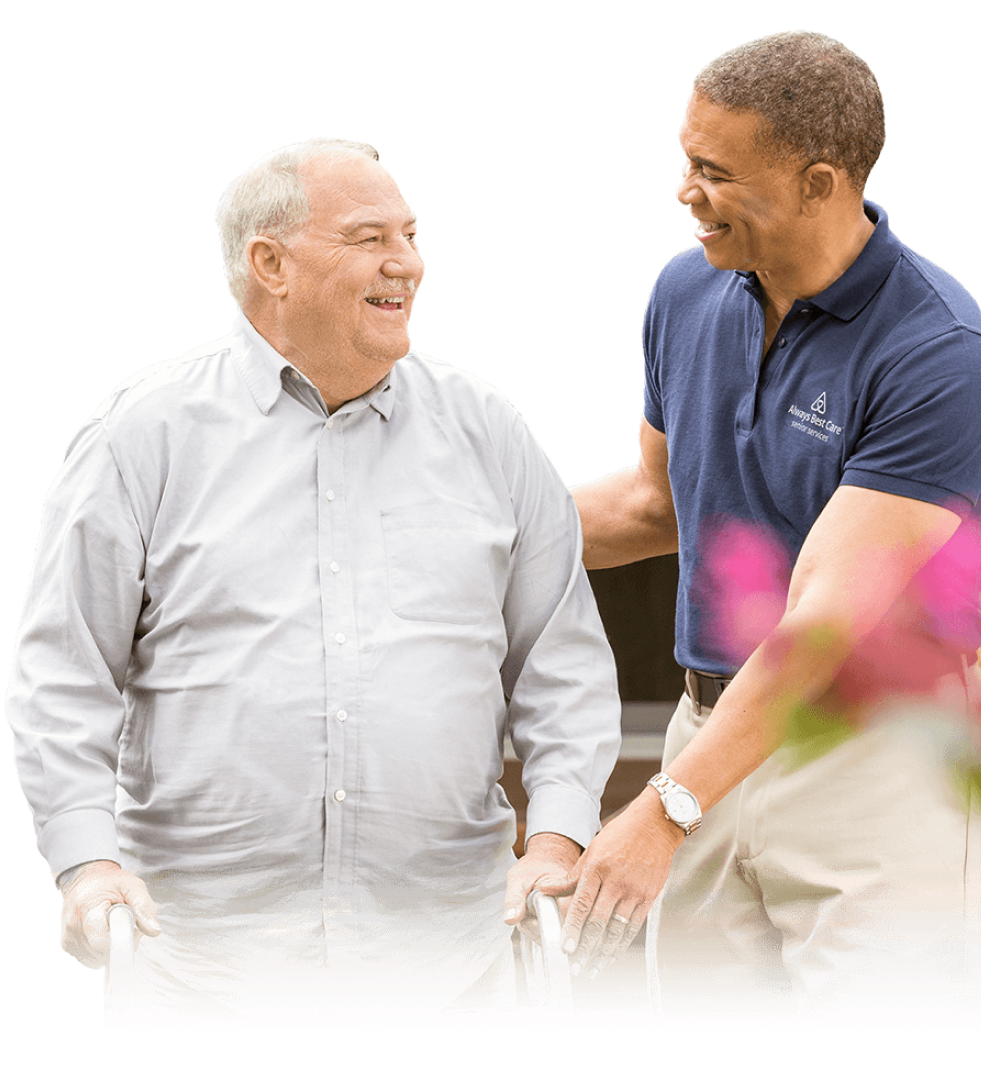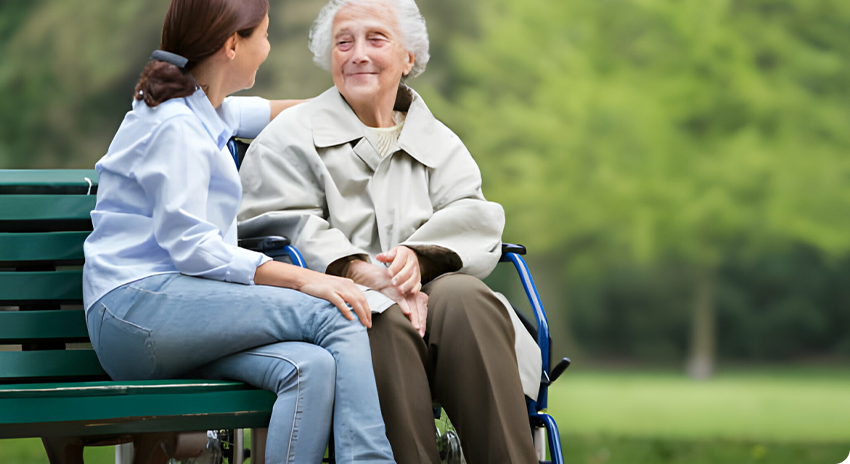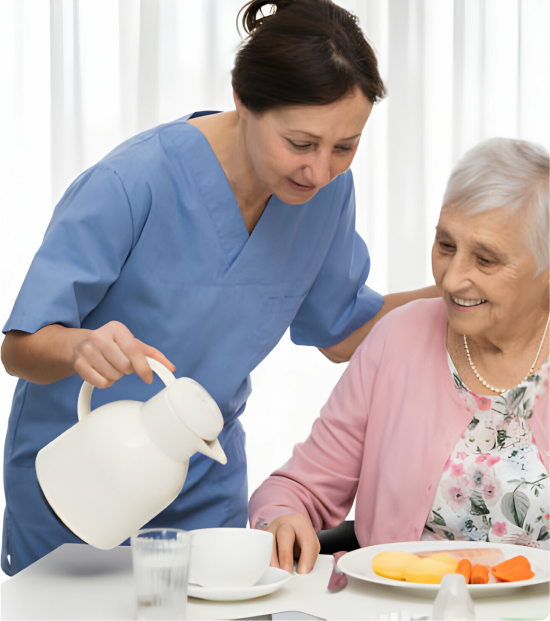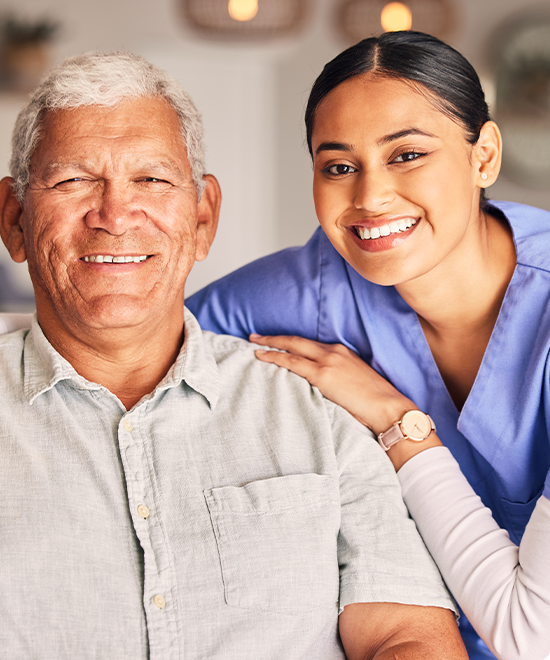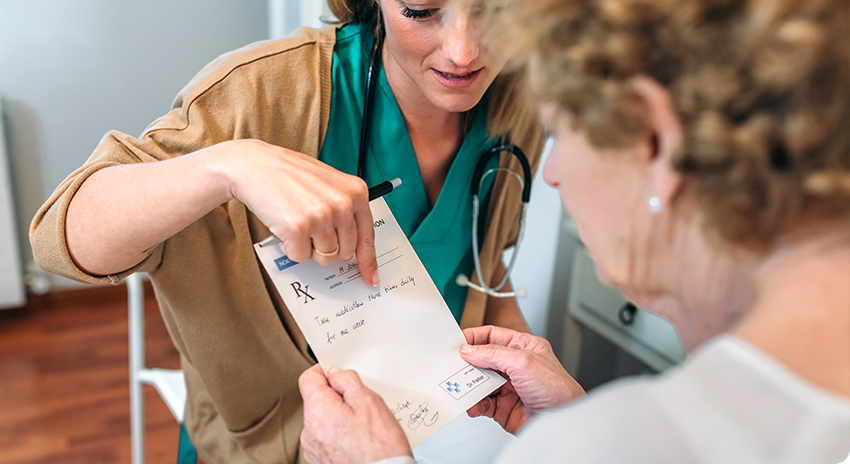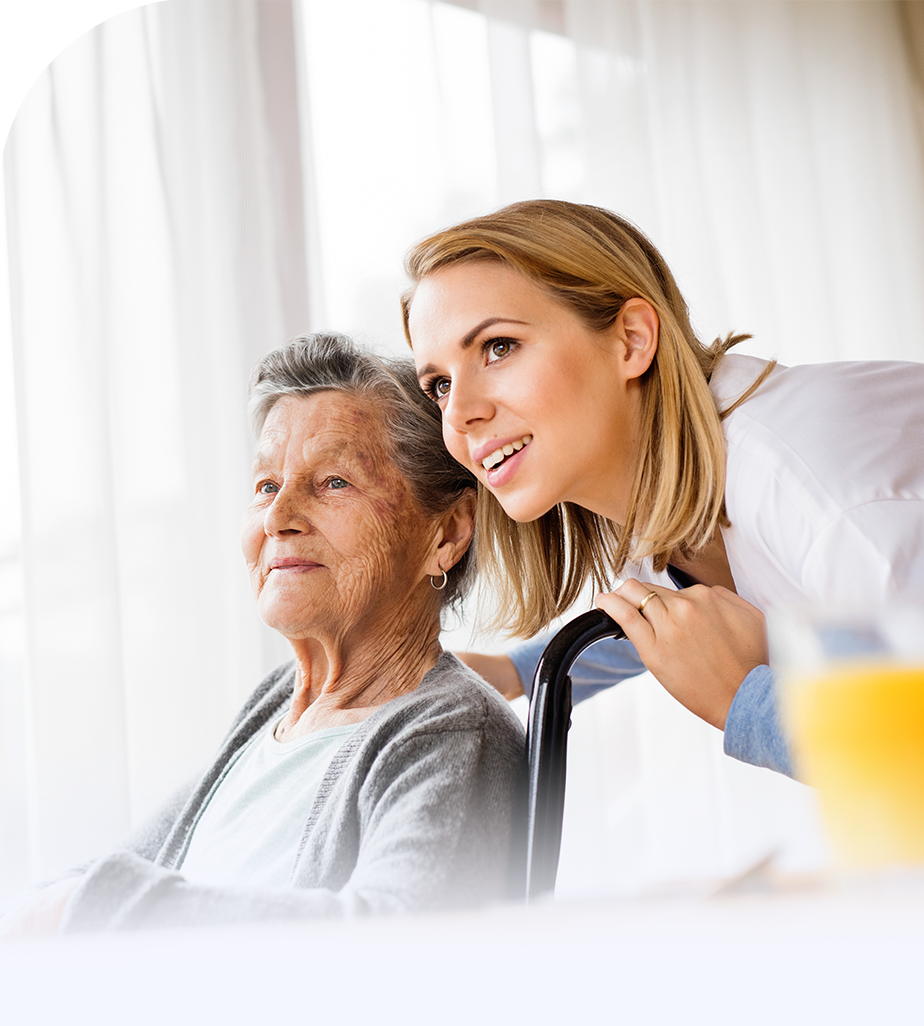Flooding in Pierce County from an atmospheric river that has been pouring rain in the Puget Sound region has caused some evacuation warnings, school delays and road closures Thursday.
Rising waters closed State Route 410 near Sumner the second time in two days, and emergency-management officials ordered some residents in the South Prairie area to evacuate their homes.
In Pierce County, 72-hour rain totals as of 7:28 a.m. Thursday ranged from 3.38 inches at McChord Field on Joint Base Lewis-McChord to 9.07 inches in Electron, which is northeast of Lake Kapowsin, according to the National Weather Service.
It likely will rain all day in Pierce County and western Washington, adding to the flooding. There will be patchy fog in some areas, according to the National Weather Service.
There is also an increased threat of landslides, according to the NWS. A number of landslides and debris flows have been reported in the western Cascades.
A flood warning has been issued for the Puyallup River near Puyallup and Orting and South Prairie Creek.
On Wednesday, evacuation orders and warnings were issued for areas in Orting and Sumner.
The Puyallup River is projected to crest at 10 a.m., at a similar level to Wednesday, according to the City of Sumner on X.
Road closures
The roadway is closed at state Route 162 both directions from milepost 17.5 near Rainier Ave Southeast to milepost 10 near Harman Way in the South Prairie area due to water over the road.
In Puyallup, the Riverwalk Trail shut down on Monday, and it remains closed; 4th Street Northeast at North Meridian, by the Fred Meyer parking lot, is closed; North Levee Road at North Meridian is closed. 11th Street Northwest to north of River Road is closed. 12th Avenue Southeast – between 25th Street southeast and Shaw Road, just south of Shaw Road Elementary – is closed.
In Sumner, Stewart Road Bridge is closed in Sumner until further notice; Houston Road is closed in both directions at Valley Avenue/Cannery Way; State Street is closed where it crosses under state Route 410; the “full length” of Sumner Link Trail is closed, according to city officials.
State Route 165 is closed in both directions south of Buckley, per WSDOT.
State Route 410 is closed in both directions near Sumner as of Thursday morning.
Power outages
School closures/delays
Carbonado School District: Closed.
Orting School District: 2-hour delay, no AM preschool, no out-of-district transportation.
White River School District: Closed.

 253-534-9596
253-534-9596

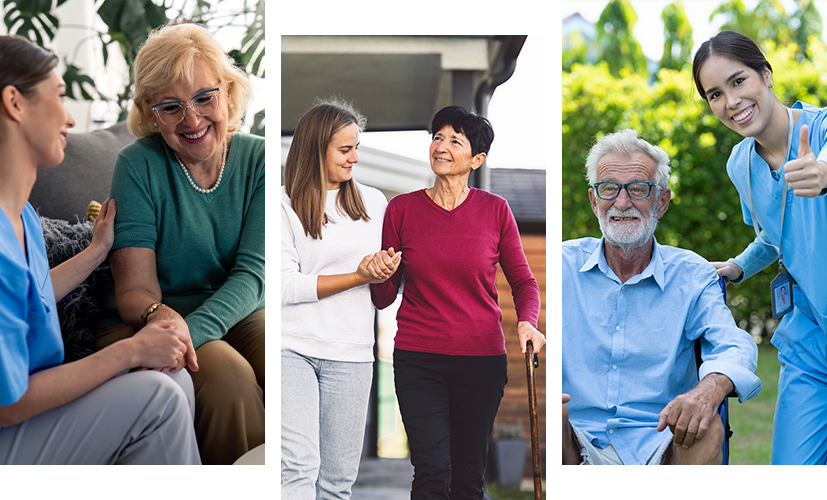


 Service Areas
Service Areas